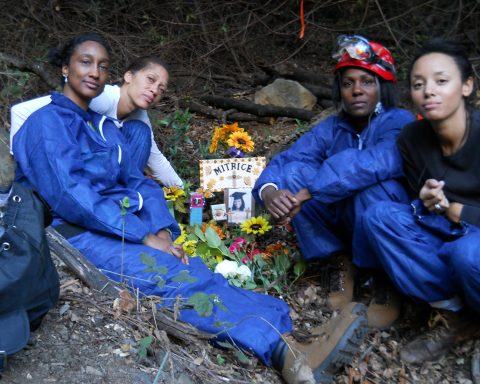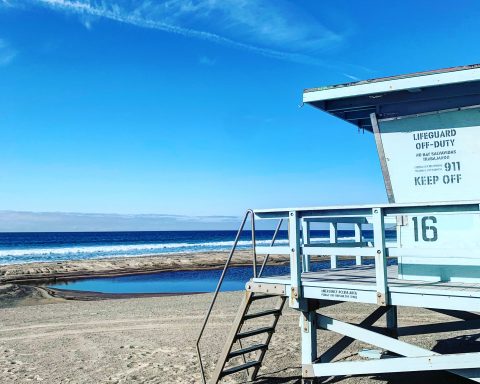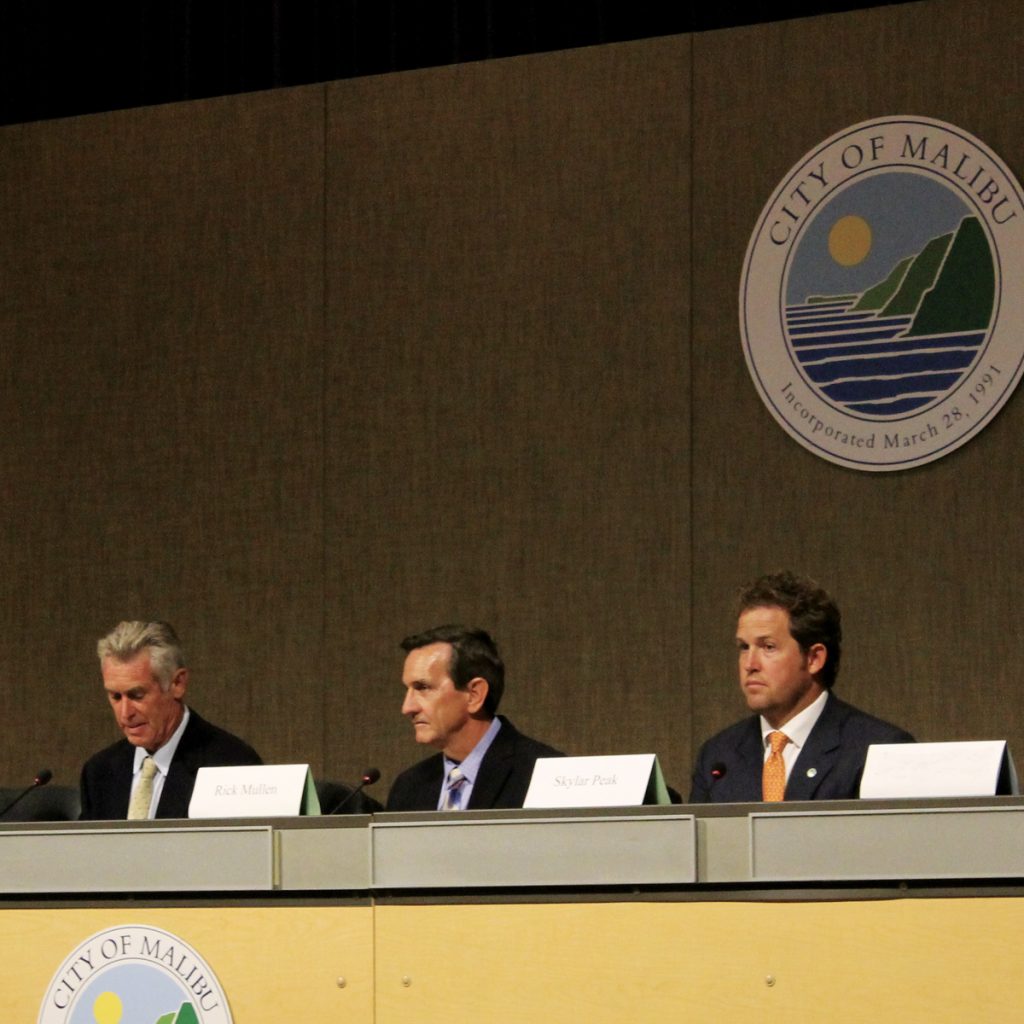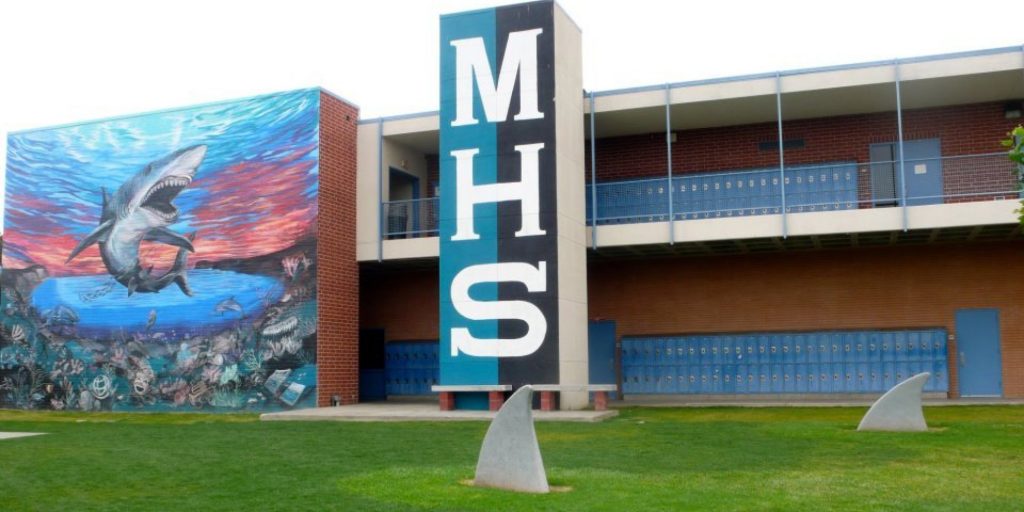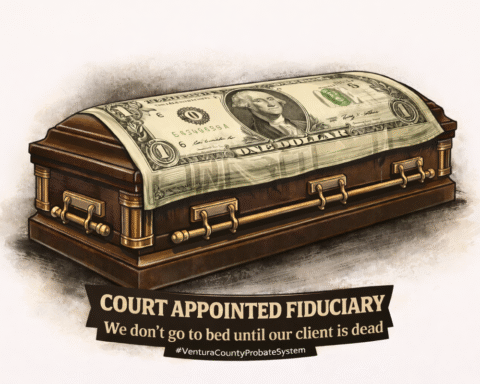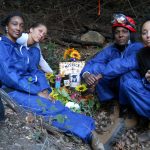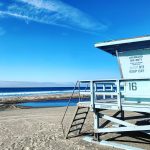SMCC PLANNING LEADS PUBLIC ACCESS HIKING TRAILS THROUGH RESIDENTIAL NEIGHBORHOODS CAUSING CONCERN FOR LOCAL RESIDENTS
The Malibu Trails Committee and the Trails Plan was an effort started with the best of intentions.
I imagine that many years ago when people saw “old Malibu” slipping away and new houses popping up with fences and gates that impeded the ow of wildlife, equestrians and hikers an effort was undertaken so save the former ability to wander over hill and dale unimpeded. That effort, like so many noble governmental undertakings, has run into the law of unintended consequences. The “age of the smartphone” has changed everything. There are now 14 million visitors a year de- scending upon this small town of 13,000. That visitor ratio is probably unmatched on Planet Earth. Just like the tides of our shoreline, there is a tide of humanity that ows in and out of Malibu on every weekend. For the most part, they ow in and enjoy the natural beauty of our town, and they ow out again without problem. There are exceptions to this – most notably in Winding Way East and Paradise Cove where the residential neighborhoods are impacted. There are other new focus points of the public’s attention like the formerly lightly visited El Matador State Beach, which is now heavily traf cked every weekend due to Social Media. So far, El Matador works fairly well as there is no residential neighborhood to traverse but with all the parking along PCH, it has created anoth- er new, potentially fatal, human danger zone.
The City Government needs to consider very carefully the impact on residential neighborhoods when it discusses the granting of public trail easements during the permitting process for develop- ment. A developer or speculator can get a variance granted to his project by potentially granting public access into a neighborhood where he has never even consulted – or maybe not even met – any of the neighborhood residents some who have lived there for 50 years in some cases. He then sells the permitted property and moves on to the next conquest. A trail map put together by a Trails Committee headed by Don Schmitz, (appointed by the City of Malibu, Schmitz is one of the most aggressive commercial development expeditors in the entire Malibu vicinity), with trails snaking all over Malibu without consultation with any of the neighborhoods (although this was mandated by the original Trails Master Plan) is now being transformed into an “incentive” map, care of the Coast- al Commission. Building permit seekers can, to a degree, “super-size” their project by granting a public trail easement in a residential neighborhood that, once granted, stays forever. Does any of this make sense?
There have been numerous times where we have had to put forth a signi cant effort to stop the granting of a public trail easement in our neighborhood. This has been either by an unwitting resident who listened to his “expediter” on how to smooth the permitting process by granting trail easement, a developer, or the SMMC working in conjunction with the City to “shakedown” property owners for public trail easements during the permitting process. I have seen the Conservancy rep- resentatives being the only ones in support of huge development projects way outside of what the General Plan allows just to obtain a trail easement. So much for “conservation”.
It was encouraging to see that there appears to be something of a sea change on the City Council at the recent meeting about the Trails Plan. The Sycamore Canyon residents have now had the pleasure of interacting with the representatives of the Conservancy and they came out in force
to express their opinion loud and clear side by side with their Ramirez Canyon brethren. Mayor Rosenthal put it best when she said that the Conservancy does a very poor job of maintaining, looking out for public safety, or reducing the impact of the ever-increasing numbers of people de- scending on trails that they are responsible for and so have no business in looking to acquire more at this point. They need to do a much better job with what they already have.
The reality is that the Conservancy has spent a considerable amount of public funds to acquire property, develop plans for, purchase easements on private land and get approval from the Coastal Commission for the “Coastal Slope Trail” which by passes the neighborhoods and provides the public with a more natural, as opposed to residential, trail experience and connects to planned parking lots on Kanan Dume road and other places. These trails cut through ESHA and it was a considerable undertaking for them to gain approval for this big project from the Coastal Commis- sion. Why, then, is it so important for them to pursue public trail easements throughout residential neighborhoods?

The residents of Sycamore Canyon and Ramirez Canyon have something in common: the un- pleasant experience of dealing with the Santa Monica Mountains Conservancy trying to open up their private neighborhood and private roads to the public. That is why they were motivated to act. But, every neighborhood in Malibu has this problem as the trails on the trails “incentive” map are all over Malibu. Most neighborhoods are unaware because they were never consulted and most of these efforts have been “stealth” efforts by the Conservancy with the City often acting as the facilitator in obtaining these easements for them. There are probably “sleeper” easements all over the place that no one knows about and no neighborhoods were consulted.

I was very encouraged by the words and actions of the Mayor and all the Council Members at Monday night’s meeting. I strongly urge that the City Government stick to the original words of the Master Trails Plan that all neighborhood trails should be formed in consultation with and with the majority support of the neighborhood in which they are drawn. There are well-worded protections in the original Trails Master Plan and even though it was written in 2002 right on page 4 it highlights the problems associated with “funneling large numbers of people into their community from outside the area with all the appurtenant problems of litter, vandalism, liability and crime”. Somewhere along the way, these considerations were ignored when these trails lines were drawn without speaking to residents of the affected neighborhoods.
The City Council should adopt a policy to never accept a public trail easement segment unless the communities have been “polled to ascertain if there is a majority of support for a trail in that area.” (page 8 of the Master Trails Plan). But realistically, since those 14 million visitors will soon be 20 million – does it really make sense to make public trails in the residential neighborhoods of the 13,000 residents? No. The visitors come for the beaches and the mountains. All of the best spots in both of those locations are on public land. The taxpayers have spent millions of dollars acquiring land in the Santa Monica Mountains and the best beaches are public. Let the peaceful residential neighborhoods maintain their rural character.
-Rick Mullen

